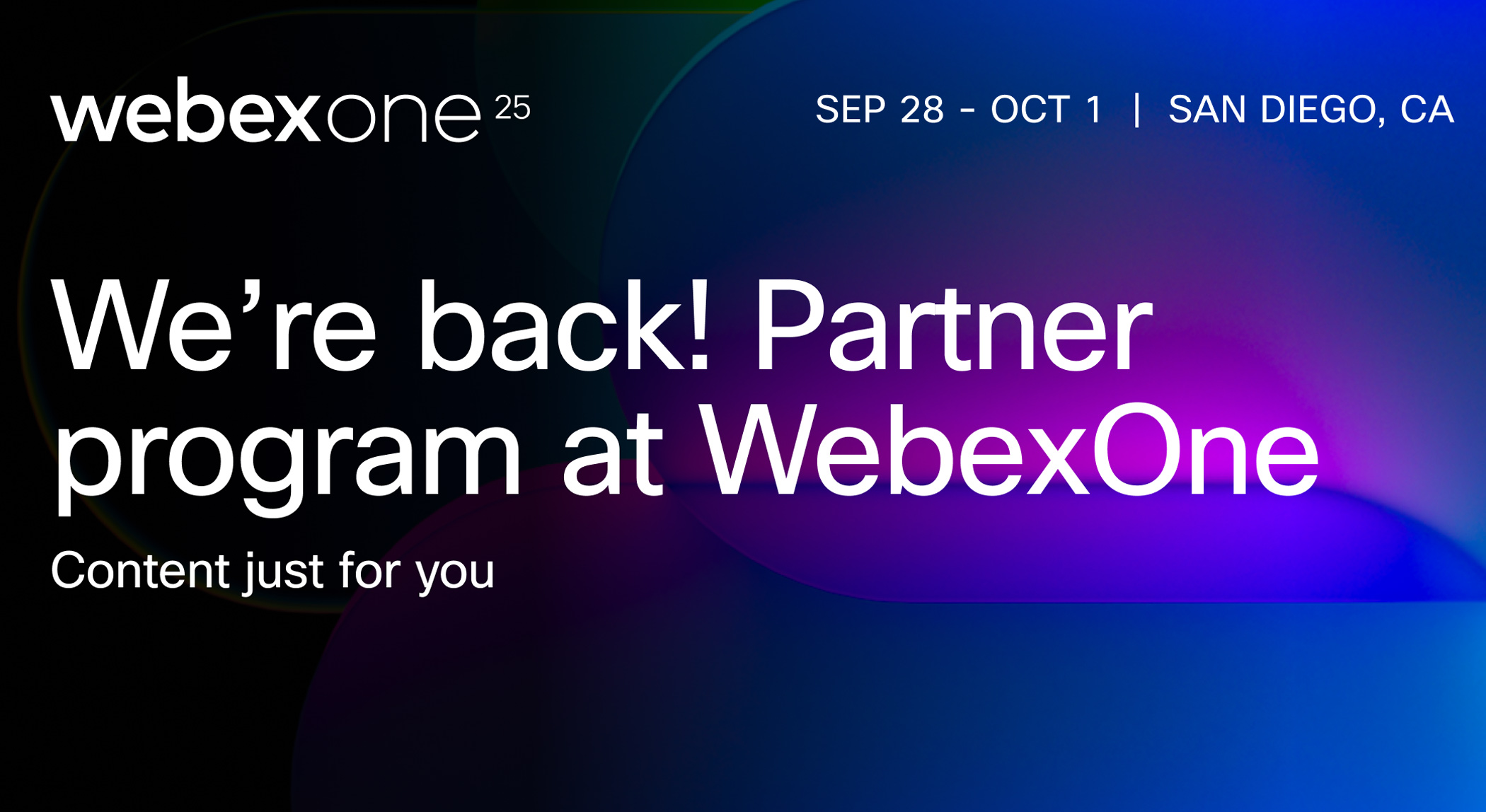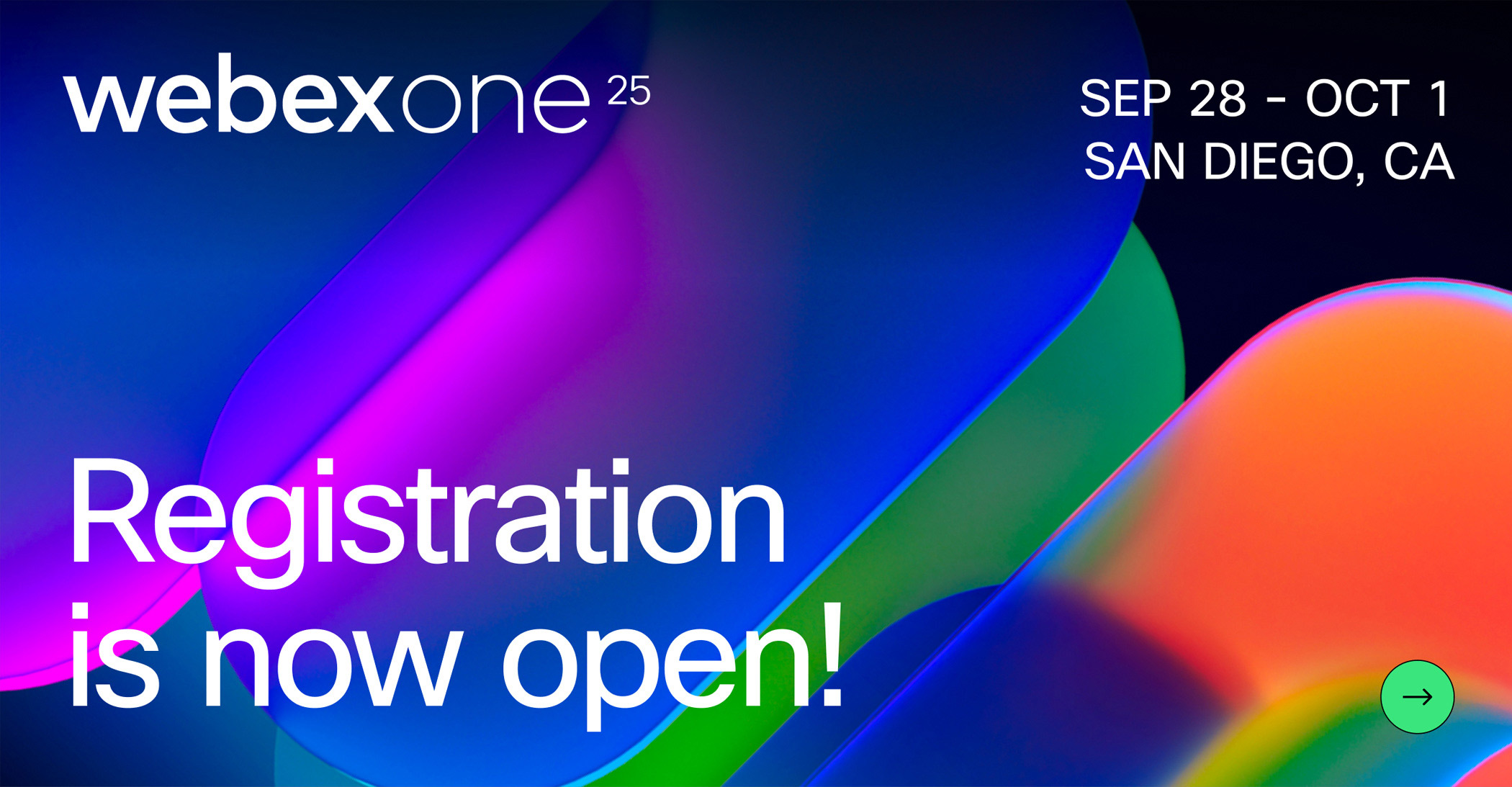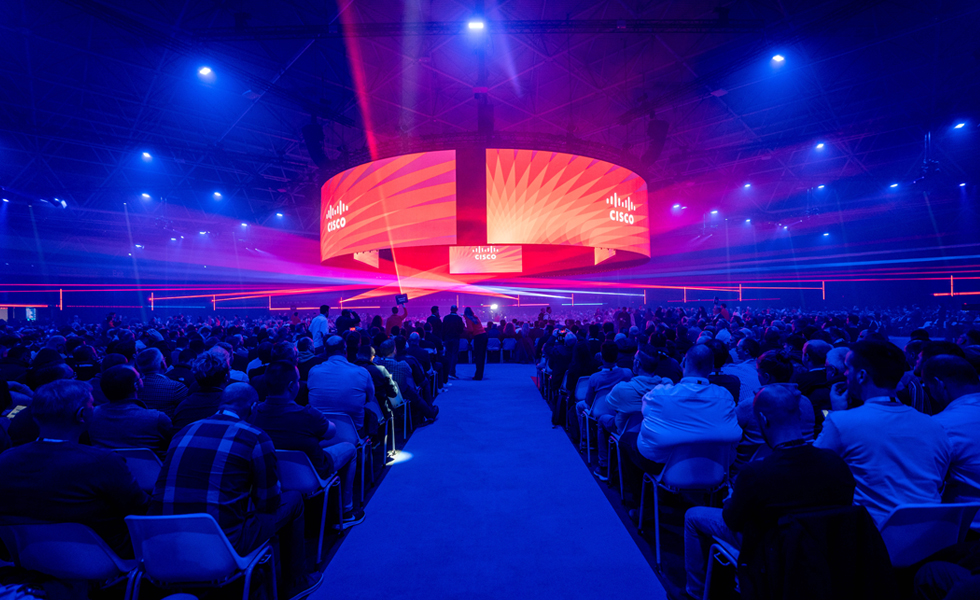Are you ready to learn how to market an event and guarantee a successful turnout? Whether you’re organizing an in-person, virtual, or hybrid event, effective marketing is crucial. While ticket sales usually experience a surge at the beginning and end of the event promotion period, it’s important to maintain a steady stream of sales throughout. To achieve this, you need a well-defined event marketing plan that will help you reach your attendance goals.
Gone are the days of relying solely on natural spikes in ticket sales. To ensure a successful event, you must have a clear and strategic marketing strategy in place. The marketing plan plays a crucial role in the overall event planning process. It should not be a random collection of ideas thrown together as a last-minute resort.
Typically, event promotions begin at least six months prior to the event, allowing ample time to engage your target audience. These promotions encompass various methods and incorporate metrics to measure progress and demonstrate return on investment (ROI).
In this blog post, we’ll guide you through the process of effectively marketing an event. We’ll provide you with a list of proven tactics and enlighten you on how event technology can be utilized to execute and measure your marketing efforts. By the end, you’ll be equipped with the knowledge and tools to successfully market your event and fill those seats.
Marketing a future event: The start of your promotional journey

A quick note: What follows isn’t exactly a template that you should copy and paste as-is. Live events have too many nuances to provide a universal playbook. This guide is intended to provide a framework that will allow you to create a plan and give you tips to execute it. Every tip, tactic, and campaign has strategic thinking behind it.
What do we mean by “strategic thinking?”
At this stage of the event planning process, you’ll likely have an allocated budget, a venue booked, and speakers scheduled. Now, your marketing effort needs to start with deciding how to connect with and attract the right people with the right messaging—that’s an event marketing strategy.
Note that your strategy will be a bit more nuanced and complex if you’re using events as part of your organization’s overall marketing strategy.
What we’re talking about here is creating a promotional plan for a specific event and devising tactics that will attract attention, build brand awareness, and boost attendee registration.
Reaching your target audience

Event planning starts with targeting. You need a deep understanding of the people you’d like to attend your upcoming event. Your target market will likely consist of a few different personas, and you’ll also need to craft your messaging based on those segments.
For instance, consider the difference in mindset between a business owner vs. an employee:
- The owner wants to know how attending the event will affect company metrics like profitability, productivity, and morale.
- The employee wants to know how attending the event will enhance personal growth, and they might need an angle for how to get the expense approved, the time off work, etc.
Naturally, you can see how the promotional messaging will be drastically different between those two personas. As an event organizer, the challenge is hitting the right type of potential attendee with the right type of information at the right time (and on the right marketing channel—but more on that later).
If you have a list of existing personas—great! Use that as a base to start developing your marketing plan. If you don’t, you might want to consider creating them now.
Next, start compiling a list of what you know about each audience segment. Here are a few ideas to get you started:
- Channels: Does your target audience frequent a specific social media platform?
- Content consumption: Do they prefer a particular type of content, such as a blog post, email, or social media post?
- Messaging: How does your event meet attendee needs, solve their problems, and help them achieve their goals?
Look for common ground with the people who’d be interested in attending your event so you can target them with strategic messaging. Then, pair that with how they prefer to receive and consume that message to set yourself up for success.
Ready to see examples of proven promotional tactics? Read on.
Proven event marketing tactics (plus examples)
Your event marketing strategy defines which tactics you implement, how they work together, and the ways they’re measured. But, you can’t form the perfect strategy without understanding the full range of tactical possibilities. With that said, this section contains a thorough list of proven event promotion tactics that you can mix and match to turn your strategy into a success story.
Pro tip: Don’t forget to tailor your marketing effort to the preferences and goals of the audiences you identified in your persona research.
Social media marketing
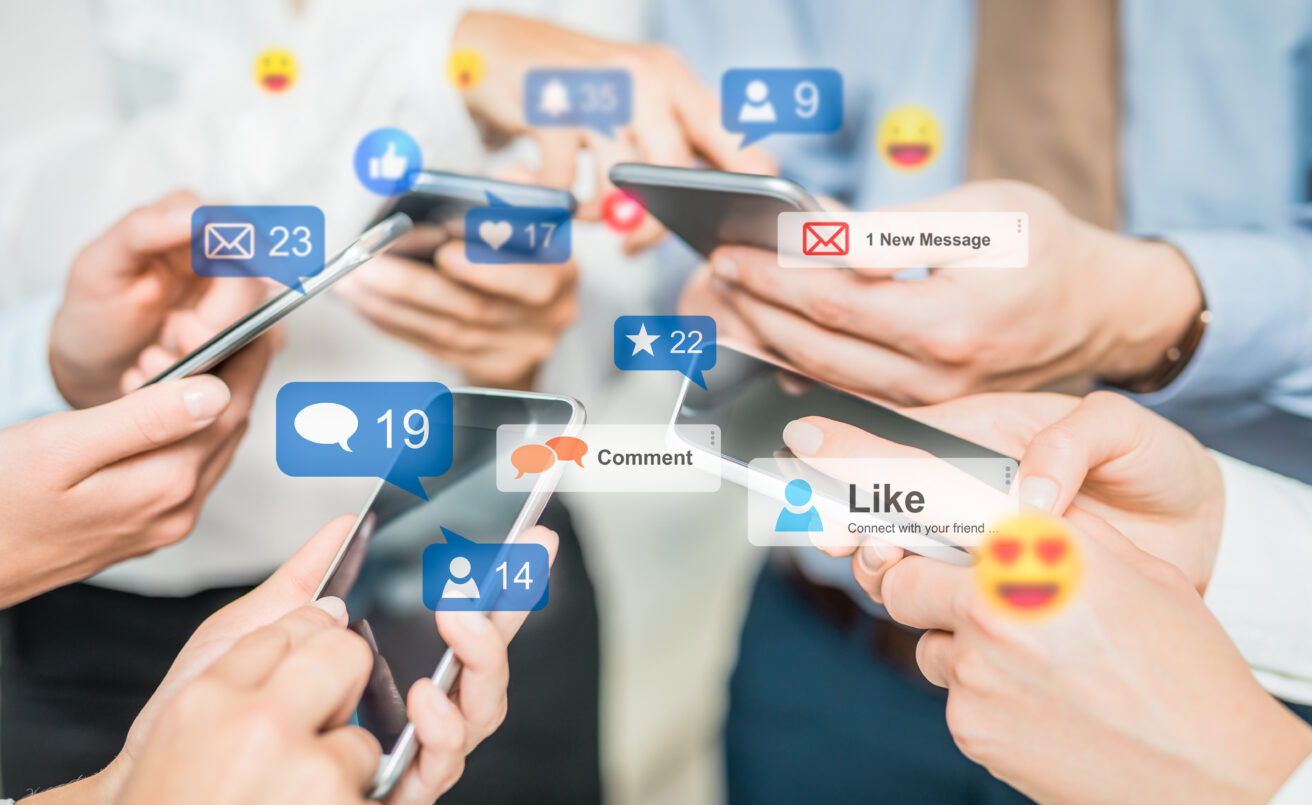
When it comes to marketing your event, one tactic stands out above the rest: social media. The power of social media cannot be overstated, and there are compelling reasons why it should be your go-to marketing strategy.
Social media marketing is the most obvious tactic to use for marketing your event, and there are several very good reasons why that’s the case.
Social media provides community: When somebody registers for an event, they get a feeling like they’re part of a tribe. That feeling of community strengthens when they can connect with a fellow attendee. The stronger the sense of kinship around your event, the more buzz you can generate on social channels.
Social media is a part of the buyer’s journey: It can be extremely difficult to sell somebody a ticket if they’ve never heard of your event, even if it’s relevant to their niche. It’s extremely easy, however, to get somebody to engage with a relevant tweet. In this way, social media channels provide a great first step for a potential attendee to start considering event registration.
A simplified event attendee buyer’s journey might look something like this:
- First, they see a friend tweet about your future event.
- Later, they read an event page on your website.
- Then, they might sign up for email updates.
- Finally, they purchase a ticket on your event website.
Creating a social media marketing plan
You can’t start that waterfall of marketing actions if you don’t have a social media marketing plan in place! Here are some quick tips you can use to bolster your online presence leading up to your event:
Build a content timeline – Your social content should not be static, evergreen posts encouraging event registration. Start with topical, top-of-funnel content six months out, and increase the urgency as you get closer.
Publish event teasers – Part of your content timeline should include some hard facts about your event like speaker profiles, past event highlights, activity descriptions, and venue notes.
Influencer marketing – Presenters want to have their sessions fully booked, so lean on their audiences to help spread the word about their upcoming keynote. This is what’s called “influencer marketing,” because you’re leveraging their influence to help meet your event goals. Bonus points if you make it easy for audiences with branded graphics featuring speaker headshots.
Use an event hashtag – Create a branded event hashtag that’s instantly recognizable and relevant to your event. According to the Digital Marketing Institute, this is important as it allows the right people to find your content on each social media platform.
Giveaways – Hosting contests or giveaways for tickets is a great way to generate buzz on social channels, and it also adds people to your email list. This will also give you an indication of the general interest level of your event.
Paid social ads – Support your organic efforts with a social media ads budget. Consider promoting some content for further reach and higher engagement. You can always use bottom-of-the-funnel ad messaging to retarget users who visit your sales pages.
Content marketing

Do you or your client have a high-traffic blog? An engaged community on YouTube? Great—let’s use them to your advantage.
Content marketing is all about delivering high-value content to your target market. In other words, deliverables that they’ll find helpful, informational, or at the very least interesting. Whether it be a blog post, video, or infographic, all that matters is that it’s relevant and engaging.
Consider which of your existing channels are most successful and/or frequented by your audience. Then, post a series of content on each marketing channel. Ensure you include a call to action for your event, whether it be a link to your event website or a form on your event page to register right away.
Pro tip: Repurpose material from a past event. As long as it’s not too dated, chances are this information will still be highly relevant and helpful to a potential attendee.
Pre-registration campaigns
Build anticipation with a pre-registration period. Prior to the actual registration, create a teaser event page that details some of your event highlights, shows past event photos, and invites users to opt in to get notified when registration opens.
Additionally, selling early-bird tickets casts a wider net for attracting attendees by appealing to bargain shoppers. Early-bird registration provides some savings for event-goers and generates some early cash flow for your event. You might even consider a tiered early-bird system with deadlines accompanied by the appropriate marketing communications to create urgency to buy.
Personalized messaging
As discussed earlier, personalizing your messaging via your personas will amplify the reception of those messages. Here are a few other areas you can use to segment your audience into personas:
- Past attendees: If your recipient attended a previous event, send them event photos and memories to build a deeper connection.
- Content preferences: If a segment of your target audience attended sessions around a specific topic, focus on their preferred topics in your marketing communications.
- Stage of registration journey: Use their buyer’s journey (first touch, visited your registration page but exited, received two emails but didn’t click, etc.) to tailor the messages they receive.
Event registration pages

Not all registrants will become attendees, especially if your event is free. According to a recent study by Markletic, the percentage of no-shows at most virtual events is roughly 35%. Use the registration page on your event website as an opportunity to gather information about your registrants. Leverage these details to personalize their upcoming messages and entice them to attend the event.
At Webex Events, we believe data is extremely powerful for an event planner, which is why we created the ability to provide branded event registration pages that allow you to get to know your audience better. More data means better personalization and increased relevance for your marketing communications.
Multichannel marketing
Event attendees rarely convert on the first try. They will likely interact with your promotions 5-7 times before they register. As we touched on briefly in the social media section, it’s important to take a multichannel approach to your marketing strategy.
- Social media is great for multimedia content at the top of the funnel.
- Blog posts can provide detailed answers to topical questions.
- Email marketing is great for updates and announcements.
- Paid advertising helps generate awareness and move people toward conversion.
Make sure you have the appropriate content planned for all of the above channels at a minimum.
Using data to boost registration
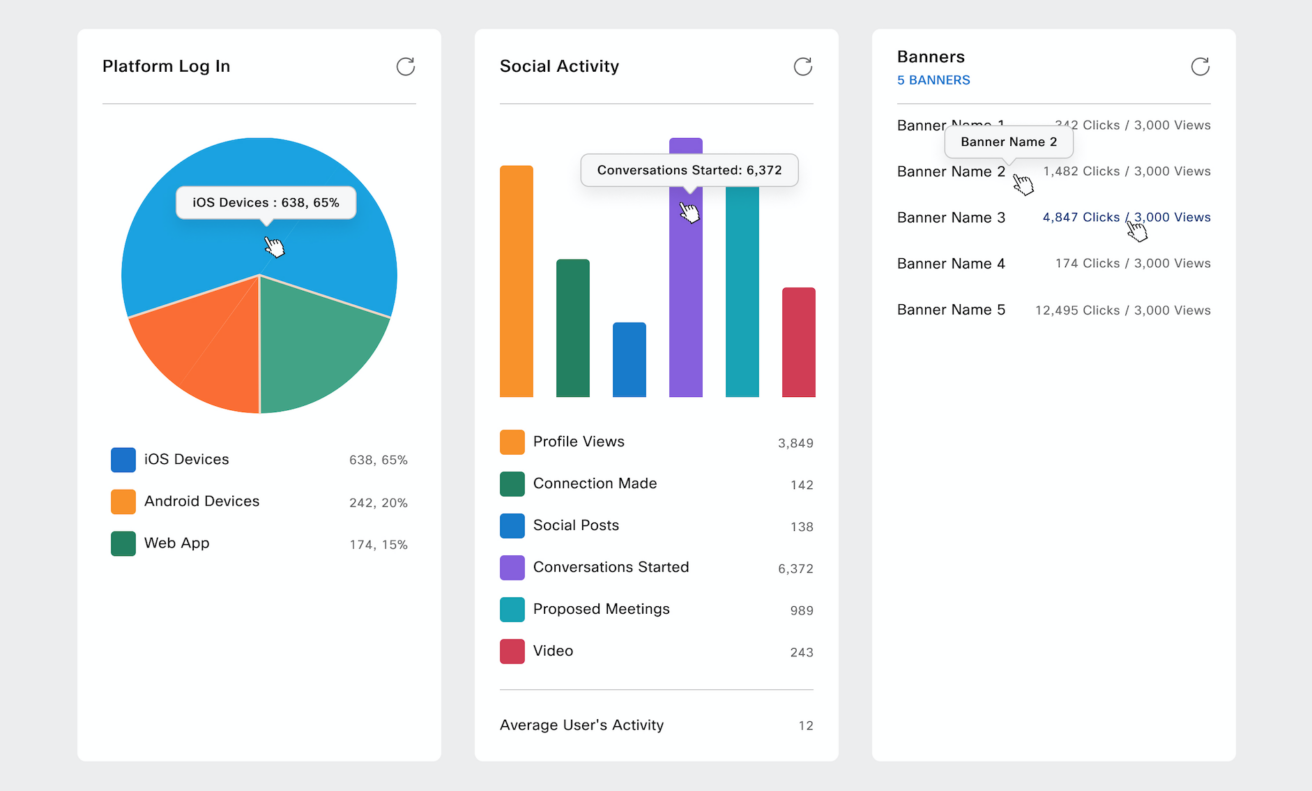
During the pre-event marketing phase, gather data from your event website and your visitors’ activity.
- Are there speaker profiles or session topic links they click on more than others?
- What devices do they use to navigate your website?
- Are they clicking the FAQ page too much and exiting the site right after?
Utilize your website data to iterate and optimize your marketing materials and improve conversion rates. Event management tools with real-time analytics dashboards that have out-of-the-box functionality are extremely useful for this purpose—much easier than spending hours configuring complex Google Analytics funnels.
Getting speakers and attendees involved

Encourage speakers to promote your event to their followers and communities. Send them event swag early on. Make sure to showcase your speakers professionally and in their best light, so they’re more inclined to share. Provide them with marketing collateral (personalized graphics, highlight videos, hashtags, session descriptions, etc.) to make it easy for them to participate.
Hold pre-event video interviews with your keynote speakers and allow them to contribute content if they desire. They should be confident that your event will also provide them exposure which will compel them to share.
Encourage event attendees to share, too. After all, earned media and user-generated content are free exposure for your upcoming event. Reward them for referrals and provide incentives via contests and giveaways to build a strong pre-event community and start networking long before the event date.
Sponsorship promotions
Most sponsors would be more than happy to put in an extra bit of effort (in addition to their financial contribution) for some added value in terms of exposure. Share promotional opportunities with sponsors to get access to their audience and expand your reach. Marketing ideas and opportunities outside of logo placement can help strengthen sponsor relationships and drive ROI for both audiences.
Examples of sponsor-led promotions include:
- Email marketing blasts
- Social media posts
- Podcast interviews
- Content partnerships
- Event teaser videos
- Sponsored event swag
Miscellaneous ways to make a big impact
Occasionally, one-off tactics without all the planning and preparation of the ones listed above can net you a big result. Make sure you don’t overlook some of these ideas for quick wins:
- Add a small event promo section to regular newsletters.
- Include the event link/promo in employee email signatures.
- For in-person events, submit event info to local media outlets.
- Use your post-registration thank-you page to encourage users to follow your social media channels and share the event. Employ click-to-tweet or similar tools so the attendee can share your event message to their profiles with one click.
- Amplify your graphics and messaging with testimonials from past events.
- Add a countdown timer to your emails and registration pages to increase urgency.
- Think through the UX: Include detailed information on event graphics so users don’t have to click to find what they’re looking for. Use a mobile event app or event management platform to provide seamless and memorable attendee experiences.
Simplify event planning and amplify marketing with the right technology
As you’ve likely noticed by now, marketing an event in 2023 takes a lot of work and effort. Analytics can absolutely enhance your ability to personalize marketing—and therefore increase resonance with your audiences—but that can also lead to complexity.
You need a technological solution to keep everything organized, provide analytics, and create the personalized messaging you need. That solution should include an event app, event website, and other tools that aid your marketing efforts. Without an all-in-one event management platform, you’ll likely be stitching together multiple solutions that offer subpar results and a poor user experience.
Fortunately, that’s where we come in…
Introducing a modern solution to simplify event management and prove ROI

Webex Events is an all-in-one event management platform that powers continuous engagement to drive better results for virtual, in-person, and hybrid events. Our solution provides the ability to track real-time event activity that you and your team can use to course-correct your promotions on the fly.
Webex Events also allows you to use the event data that your promotional efforts generate to boost signups for future events and inform sponsorship tiers. For example, your information might show that a specific sponsor banner placement provides brands with a 50% higher ROI. Providing this data to sponsors in a one-sheet might encourage them to continue their partnership into the next event. You can also leverage the analytics to launch new partnerships.
Use insights from our analytics dashboard to personalize event messaging (e.g., push notifications, event app communications, banner ads) within targeted audience segments. Event sponsors can also take advantage of these segments for personalized messaging and networking opportunities with attendees.
All of this functionality (plus a lot more!) is fully customizable and uses a drag-and-drop interface, so no technical experience is required to build an event from scratch. Simply put, it’s your all-in-one, go-to resource for all things event planning, marketing, management, and more.


